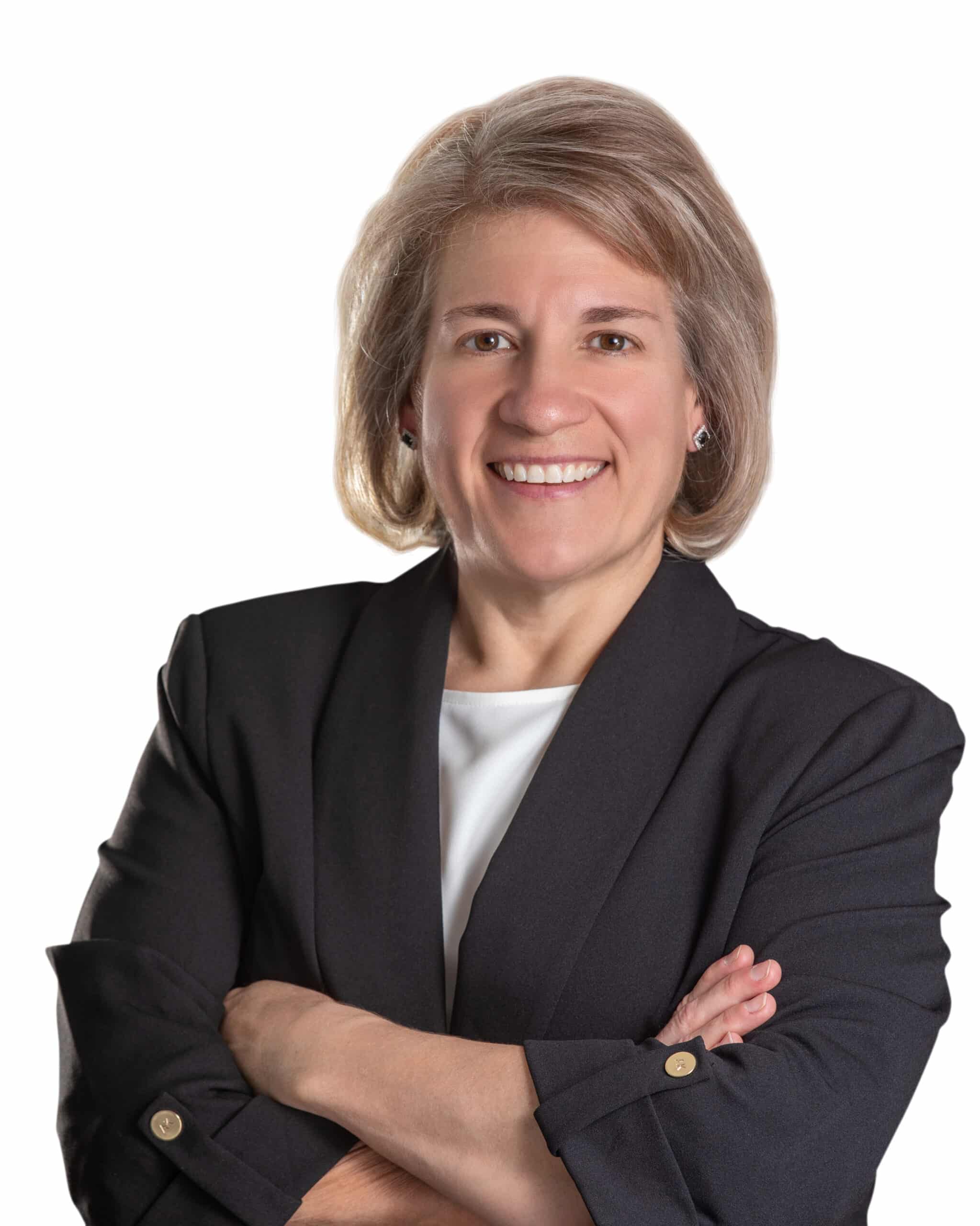Medical groups often struggle with dissatisfied patients and providers due to increased administrative burden, fragmented workflows, and lack of task delegation to clinical support staff. In this article, we address three keys to improving provider productivity that will transform the efficiency and effectiveness of your physician enterprise.
Decrease Administrative Burden Through Adoption of Technology
Technology continues to play a critical role in improving patient care, and providers are expected to utilize technology to manage patient tasks, document visits, and communicate with patients. While healthcare technology is one of the leading factors contributing to provider burnout, over 80% of providers under the age of 40 agree that the right technologies have the potential to improve their workload. Optimizing technologies and how providers use them has the potential to alleviate provider frustration and improve provider satisfaction and productivity.
Utilizing electronic health records effectively, implementing protocols, and leveraging digital tools for communication and workflow management can help ease providers’ digital fatigue. Streamlining guidelines for digital communication and the ability to minimize secure messaging platforms can help providers manage patient messages more effectively and reduce the overall amount of time spent. Additionally, optimizing appointment scheduling, implementing electronic check-in systems, using triage protocols, and leveraging patient flow maps can significantly reduce patient wait times and enhance the patient experience.
Emerging Generative AI technologies can be used in combination to automate certain routine tasks and free up time for higher-value activities.

Create Seamless Workflows with Standardization
Providers face a myriad of tasks that are necessary to deliver patient care. From training staff to documenting clinic visits, maintaining clinical operations can be a challenge even for the most well-run organizations. Improving clinical workflow is less about dictating how clinicians provide care to patients and more about allowing providers to be as efficient as possible. By improving clinical workflows, clinicians can complete tasks in less time and typically with less effort. Additionally, workflow improvements can reduce the time providers spend waiting on their care team to complete tasks. Supplementary benefits include improved communication and more efficient collaboration among the care team, as well as the ability to deliver better care to more patients.
One crucial component of efficient outpatient clinic workflows is standardizing exam room setup. While it may seem trivial, exam room set up is a foundational component to improving provider efficiency and enhancing the patient-provider experience.
How an exam room is configured can have a significant impact on a provider’s ability to effectively provide care to patients. From how vital signs are taken to how the EMR is integrated into the exam room to where supplies are stored –all components of an exam room should be thoughtfully designed and consistent between exam rooms. According to a recent study on the effects of clinical exam room design, “Semi-inclusive rooms with a triangular arrangement of consultation table, sharable screens, exam table, and caregiver chair were highly preferred as they supported conversation, gazing, and information sharing.” Support staff should integrate room preparation tasks into their daily workflows. When implemented correctly, workflow redesign can improve the transitions between patient encounters, reduce wait times, and increase provider productivity and efficiency.

Enhance Clinical Support Staff Utilization
Providers often face challenges in delegating effectively to their care teams. According to a recent article published by the Mayo Clinic, “Physicians report increased long hours, [EHR] usability frustration, and a growing volume of activities that ‘other staff could perform’” as key occurrences that hinder overall productivity. However, by establishing clear communication channels and protocols, providers can empower their care teams to work at the top of their licenses.
Support Staff Training
Providing clinical support staff with proper training, ongoing education, and feedback mechanisms will enable providers to focus on patient care and higher-level decision-making. The delegation of appropriate responsibilities creates a streamlined workflow and improves overall clinic efficiency.
Daily Huddles
One way providers can improve care team utilization is by implementing daily morning huddles prior to the first patient. In a daily huddle, providers have the opportunity to review the patient load for the day, ensure clinical staff understand their roles and responsibilities, and effectively delegate tasks as needed. A recent study on the effectiveness of huddle implementation found that over 67% of huddles improve team processes while over 44% of huddles have a beneficial impact on patient outcomes.
Multidisciplinary Teams
Often, providers are faced with the dilemma of how to manage complex patients who may require additional assessments and treatment planning within the allotted appointment time. To manage complex patients effectively, providers should adopt a multidisciplinary team approach and delegate tasks such as patient education to staff members where possible. Improving delegation and allowing clinic support staff to work at the top of their licenses allows providers to save time and ensures a clinic runs smoothly and efficiently.
The Bottom Line
Addressing challenges such as an increased administrative burden, fragmented workflows, and care team utilization can improve overall efficiency and provider productivity, enhance patient satisfaction, and support the well-being of healthcare providers and staff. Impact Advisors offers comprehensive Physician Enterprise Solutions to improve operational and financial performance among medical groups.
Related Reading:




